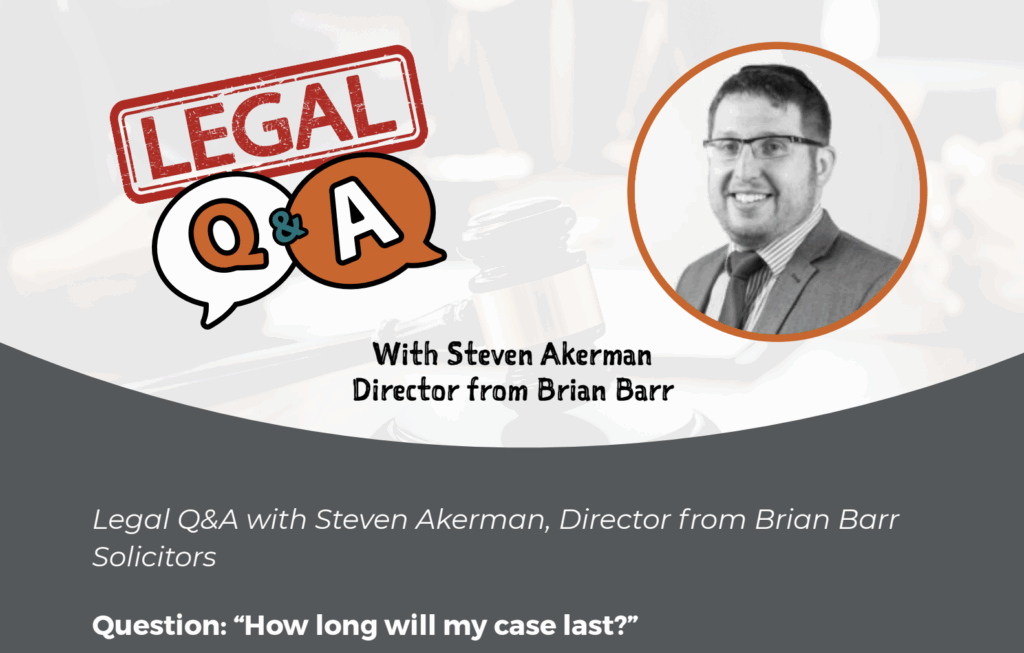Multiple Chemical Sensitivity & Fibromyalgia

Multiple chemical sensitivity (MCS) is also known as idiopathic environmental intolerance (IEI) and is a condition that affects many people who also suffer with fibromyalgia (FMS). Anyone who has MCS is severely sensitive to many pollutants, including perfumes, petrol, diesel, smoke, pollen, dust, pet fur, and many more. The cause of MCS is unknown, however, it is recognised as a disorder and is an ongoing problem for many patients, which means it is classed as chronic.
MCS is triggered by various different things, depending on the person; no two people with MCS will experience the same discomfort with the same pollutants. Symptoms of the disorder range from mild to severe and are both painful and uncomfortable, including headaches, nausea, fatigue, stinging eyes, a sore throat, cough, runny nose or sinus problem. MCS symptoms are similar to those of fibromyalgia and chronic fatigue syndrome, which makes it extremely hard to pinpoint what is causing symptoms.
There are no reliable tests for MCS, much like fibromyalgia and chronic fatigue syndrome, which makes it difficult to determine whether you are suffering with one of the three conditions or a combination of them all. When it comes to receiving diagnosis, however, you must meet several different criteria:
- Your symptoms must be reproducible and triggered by the same thing every time
- The discomfort you feel must be a long-lasting problem
- Symptoms must show signs of improvement when suspected harmful substances are removed and not present
- Your symptoms always remain the same, regardless of whether or not exposure to the substance is small or large
- Symptoms must involve more than one organic or area of the body
Although MCS is incurable, there are a number of possible solutions to help relieve symptoms and discomfort, including the following:
- Avoid exposure to substances you know are harmful to you
- Purify the environment you reside in by investing in purifiers and/ or water filters
- Eat cleanly as certain foods could be to blame
- Detoxify and release toxins by increasing your sweat production (give sauna therapy a try or take part in light exercise)
According to this article, 40% of people with chronic fatigue syndrome and 16% of people with fibromyalgia also suffer with MCS. In fact, researchers believe that fibromyalgia and chronic fatigue syndrome are all part of the same family of illnesses – central sensitivity syndromes. As discussed earlier in this blog, it can be difficult for chronic pain sufferers to determine whether or not they are suffering with symptoms of their condition or MCS. Due to this, it’s important that you be aware and take note of the symptoms you suffer with; if you are experiencing any of the symptoms detailed above as a result of a suspected substance, it’s important that you visit your medical professional*. You may be suffering with MCS alongside your condition and, therefore, will need to pinpoint exactly what it is that’s causing discomfort, so you can make the appropriate changes to your life.
*While we are experienced in claiming compensation for those who suffer from chronic pain syndrome as a result of an accident, it’s important to remember that we are not medical experts, which is why we recommend discussing everything from symptoms to new treatments with your doctor first. If you are thinking of making a fibromyalgia claim, then speak to one of our personal injury solicitors in Manchester today.
We do not endorse any research, studies or sources mentioned within our blogs and comments. Furthermore, we do not endorse any medical advice provided, and would strongly recommend anyone seeking medical advice to contact their local healthcare provider.















